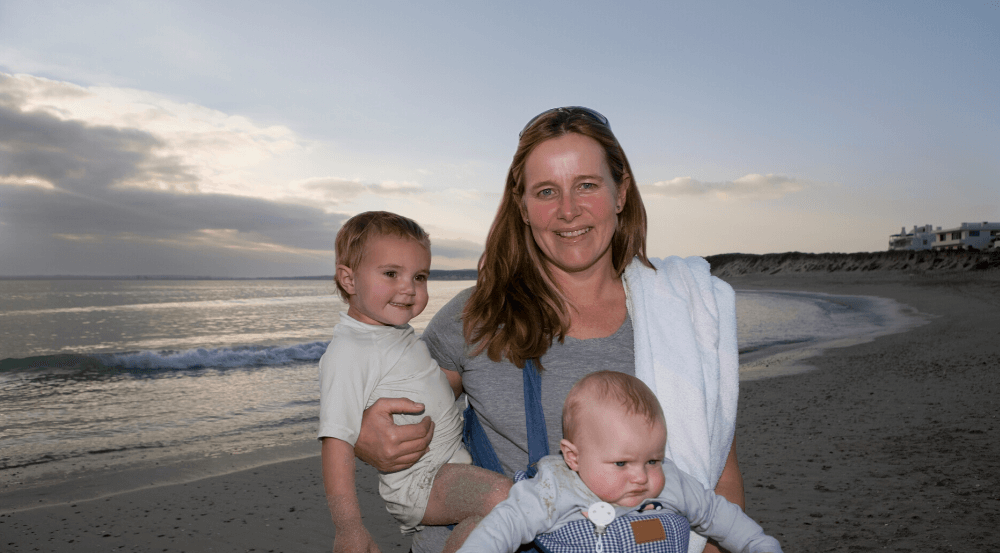This subject raised its head again this week. But it's not as bad as it seems.
A client came to us via a newly listed vacant block of land looking to buy and build her first home. After separating and being left with two young children and with a life long dream to own her own home, it was time to find a way to secure her future for her children.

She has spent the last 12 months saving and renting while working 2 jobs, one permanent part-time and the other casual. While watching her savings grow, she has also kept a keen eye on the market improving her ability to spot a bargain.
So she took the opportunity to see us and check what her chances were of taking the next step. With finance in mind and the rumours of tighter lending, we checked her financial position. Today she has a clear goal to achieve which is a lot closer than she expected and hopefully, by the end of the financial year she will have the choice to hang a picture on the wall wherever she wants without making a phone call.
Here is a list we went through…
If you pass the test on these 5 items then you are a good chance of securing finance approval!
1. Character (You)
This refers to your credit record! Your ability to pay debts both previous and current debts. This is usually judged by your credit report. Yes, you can check your own credit score for free!
2. Capacity (Your income and job)
This measures your ability to repay the loan based on your current income, and also around your job stability – specifically how long you’ve been in your current job or current industry.
3. Capital (deposit)
Capital refers to the deposit you have saved towards the purchase. The larger your deposit means the less risk you present to the bank. The more capital, or deposit, you pay towards your purchase the lower the risk your bank sees you as. One of the must-haves is 5% deposit saved…the keyword is saved.
4. Collateral (The property you are buying)
Collateral is the security for the loan. In the case of a home loan, this is the home you are buying. Your lender will require a valuation to be done prior to unconditional finance approval.
5. Conditions (Length of loan/how much/interest rate)
Conditions means the particulars of the loan, like the loan amount, interest rate length of loan and Lenders Mortgage Insurance.
The main reasons why buyers finance applications get refused
 1. Insufficient income
1. Insufficient income
Simply…not enough income for the size of the loan. If this is the case either look for a better value home or increase your income.
2. Not enough deposit
Banks like you to have a 20% deposit. It doesn’t mean you can’t obtain finance if you don’t as there are options to buy on as little as 5%.
3. Valuation
Your bank will engage an independent valuer to determine any risks (for the bank) in providing you a loan. Some of the criteria are:
- Location, land, improvements
- Environmental issues
- Expected value in the next 2-3 years
- How strong or weak the market conditions are
- Volatility of the property
This list of criteria is individually rated from 1 to 5. If your property gets a risk rating of 4 or 5, there is potential for the bank to limit lending or not lend at all.
4. Bad credit history
This isn’t forever and sometimes your credit history can be repaired.
5. A rejection from LMI
If you have a deposit less than 20% then your bank will use a Lenders Mortgage Insurer company (LMI). So now you need to be approved by the mortgage insurer as well as the bank.
6. Signs of instability
Banks see you as a higher risk if you have changed jobs and changed addresses a lot in the past few years. They are looking for stability!
While all of the above seems complicated, thousands of happy home owners are moving into their own home on a monthly basis, Australia wide.
There has been plenty of commentary coming from the media about the banks tightening lending practices but in reality if you have a saved deposit, have a job and you want your own home just do it! You really have nothing to lose except more rent money going out the door.
